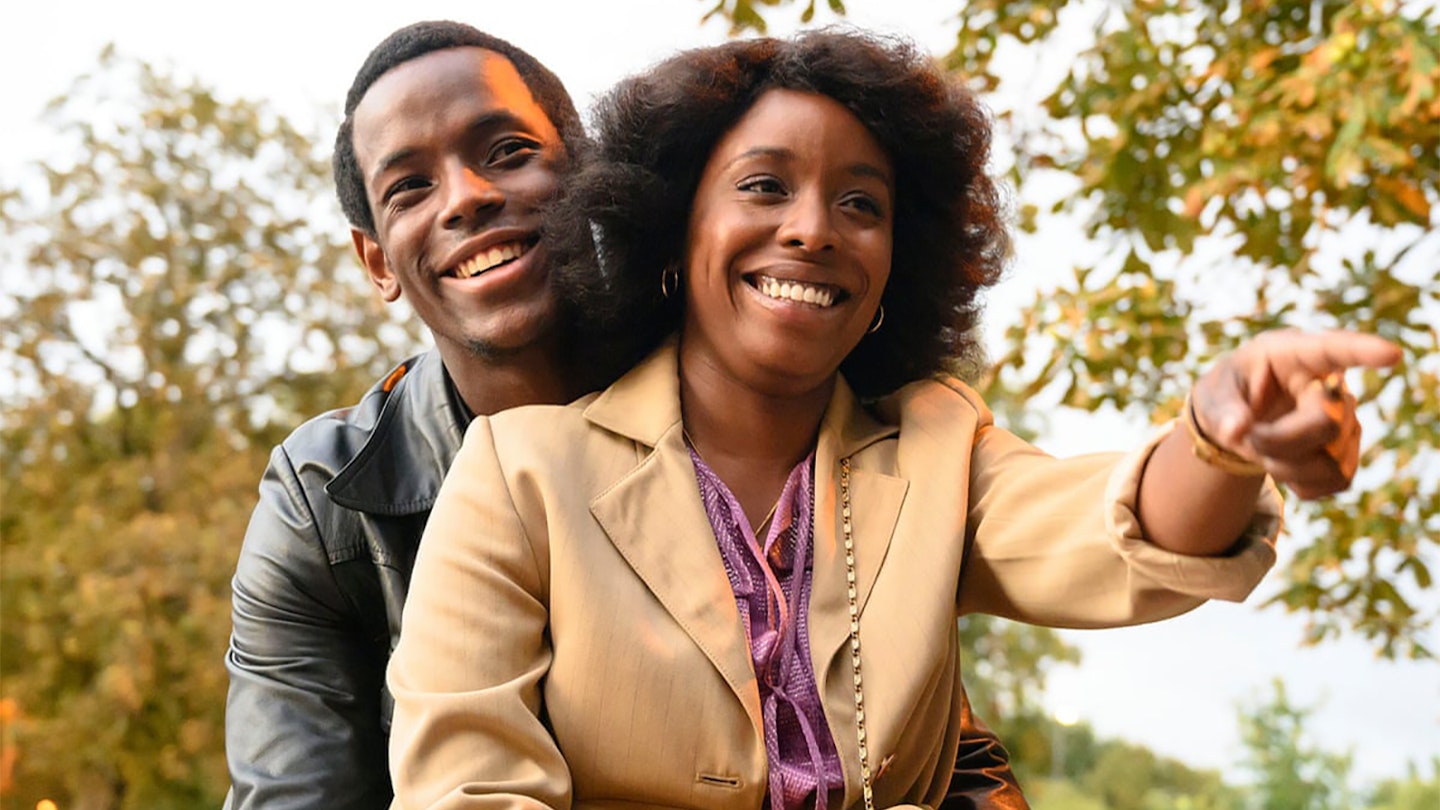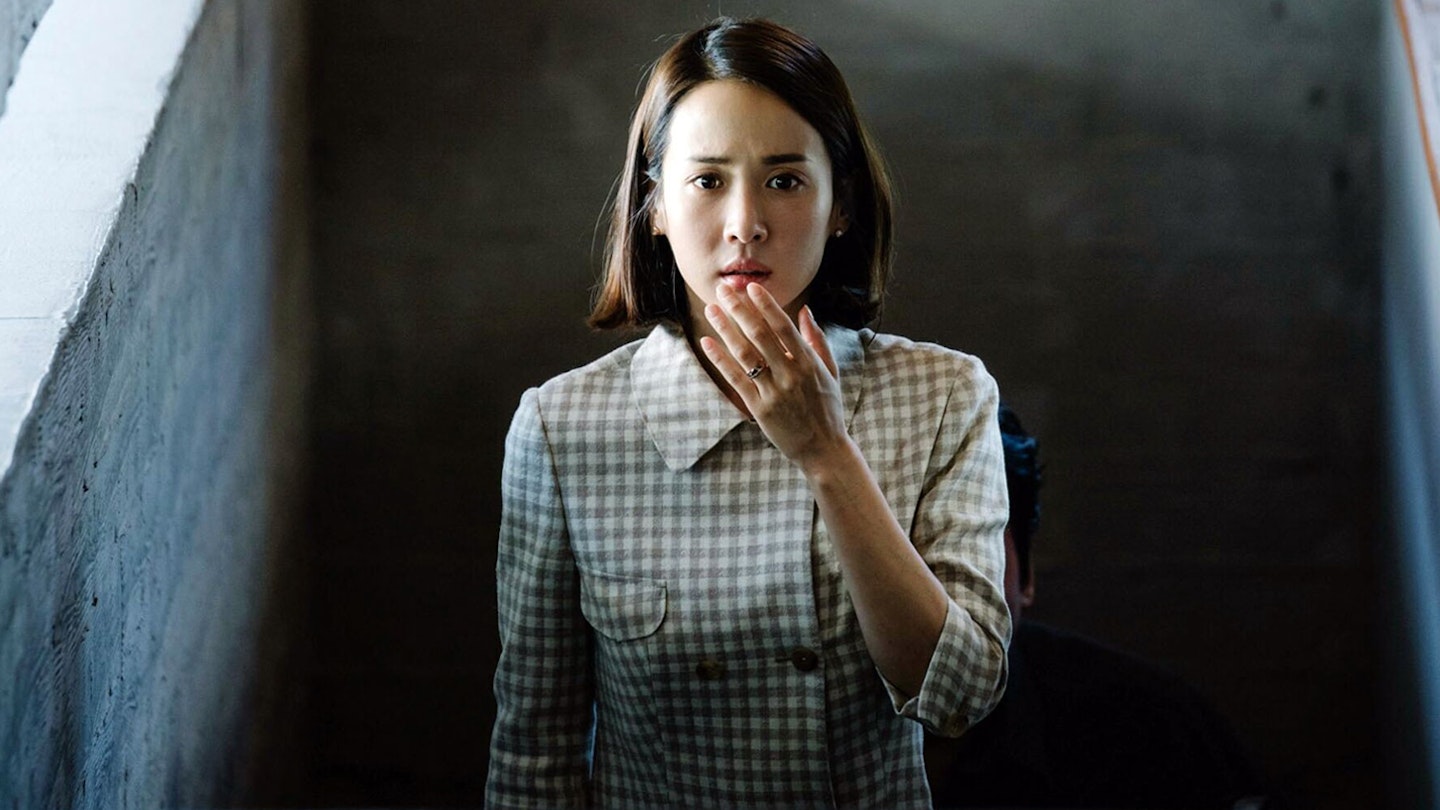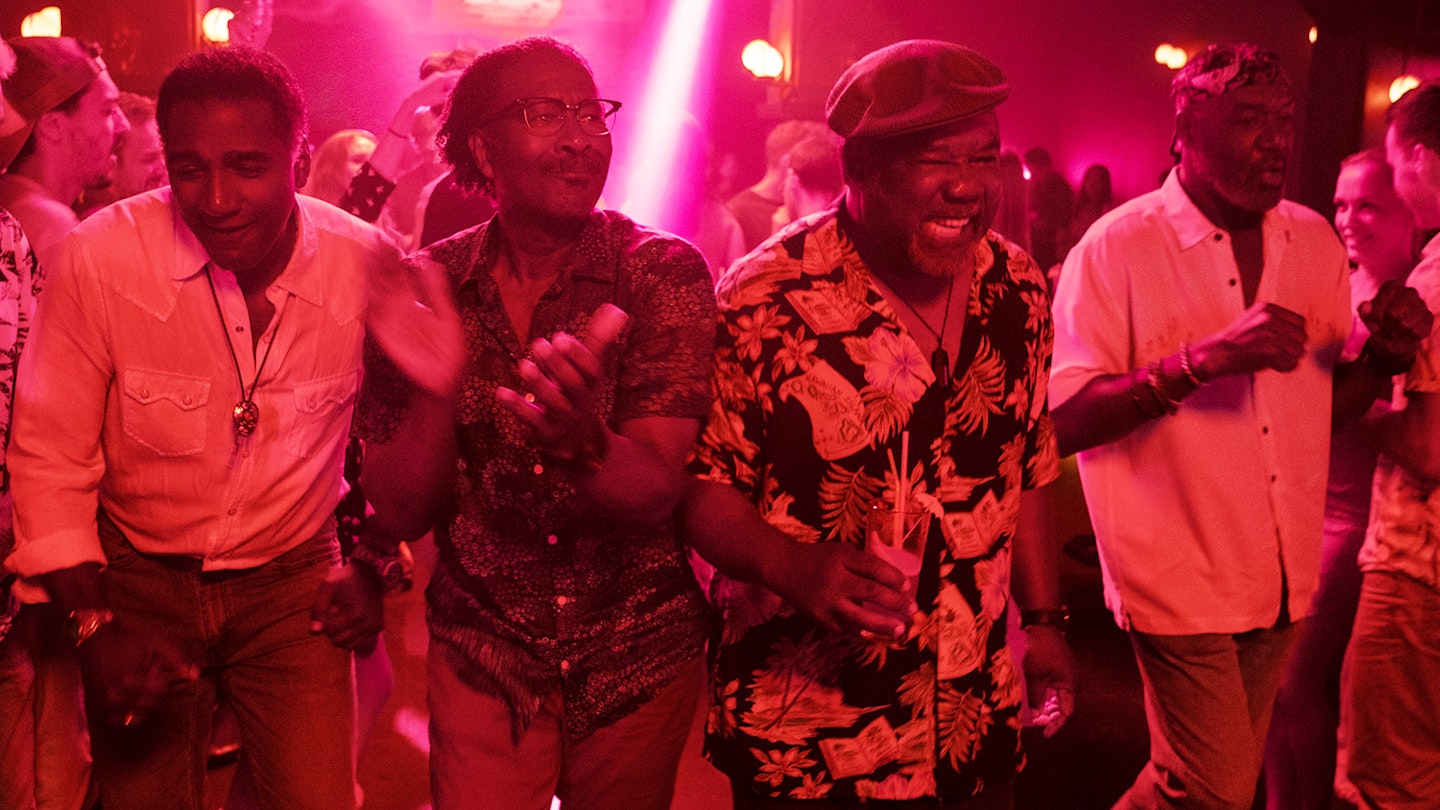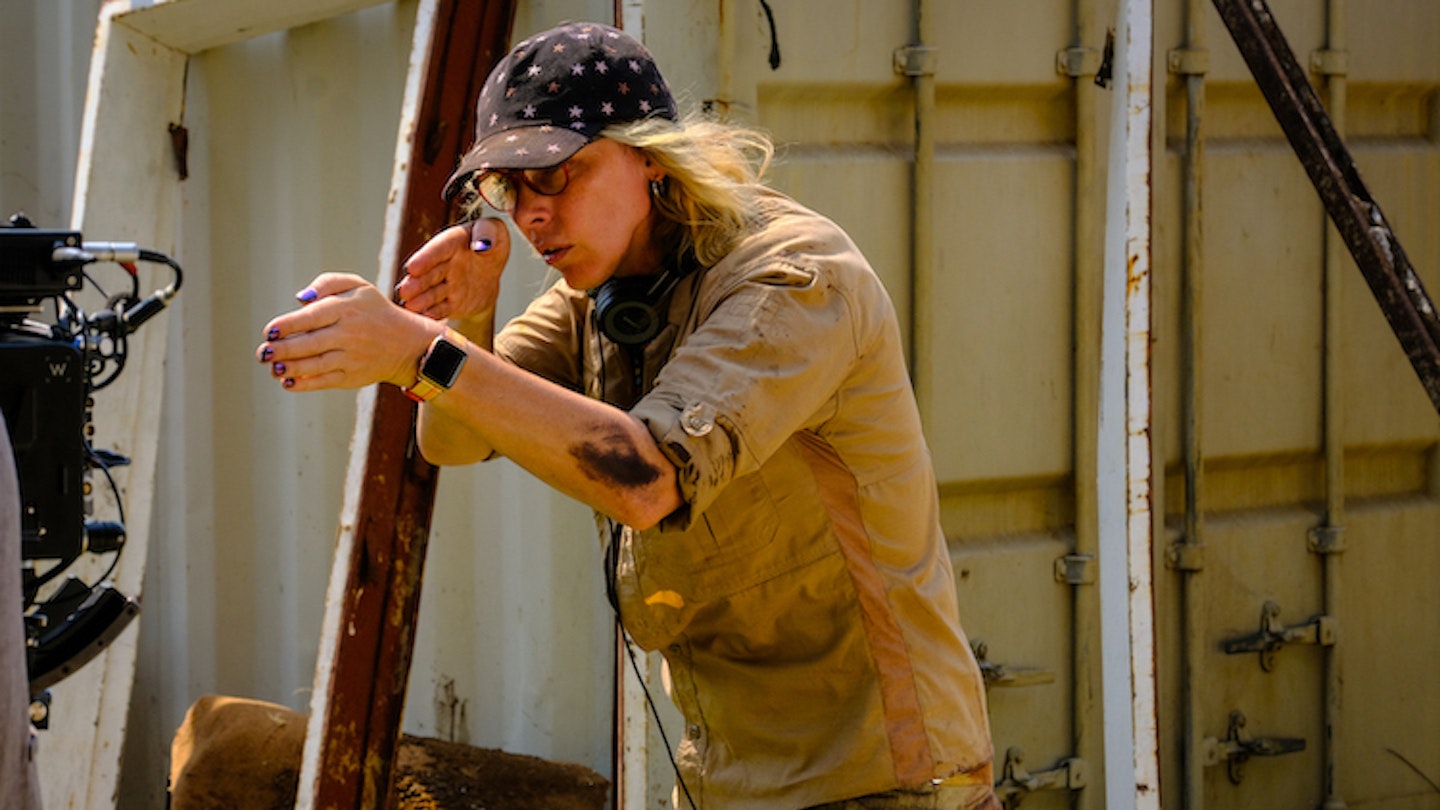Police violence, social unrest, struggles in the face of endemically racist systems; much has been made of the fact that the supposedly historical themes of Steve McQueen’s Small Axe feel uncannily relevant to life in 2020. And this is all true (if we put aside the fact that these issues have been ‘timely’ for a century or more). But when it comes to Lovers Rock, there is a pronounced irony to the realisation that this sublime, carnal hymn to the transporting power of the dance floor has been released into a world where partying has effectively been prohibited. It is perhaps this accident of timing that makes the second film in this BBC One anthology series feel like such a deliriously potent masterpiece; Lovers Rock is simultaneously a vital exploration of cultural identity, an intimate love story and a sofa-bound night out for audiences cooped up in their houses for the best part of a year.

The plot — in so far as there is one — involves Martha (Amarah-Jae St. Aubyn making a luminous, star-making screen debut) sneaking out of a window in her suburban home, heading to a ‘blues night’ reggae party in West London, meeting a charismatic fellow Jamaican called Franklyn (Top Boy’s BAFTA Rising Star winner Micheal Ward), and then proceeding to have an eventful, wild time until the sun comes up. But that economy of story (in a script written by McQueen and author Courttia Newland) clears space for an effectively loose-limbed series of vignettes and crotch-grinding musical interludes that play like a visual love letter to an unheralded moment in Black British history. The opening scenes of party preparation — showing speakers being hauled into a living room, women cooks breaking off from chopping onions to jointly belt out a lovers rock tune and close-ups of hot irons going through hair — have such evocative specificity that you can almost smell the Dax pomade and bubbling oxtail stew.
McQueen gives his audience a dizzying, sensuous escape.
Then there is the instantly iconic scene featuring UK reggae artist Janet Kay’s 1979 hit ‘Silly Games’ — a spine-tingling, elongated moment of musical fantasia where the speakers at the party cut out, and the gathered crowd proceed to sing the whole song a capella for its full four minutes. McQueen — who based this story on real-life memories of his aunt creeping out to blues parties when she was younger — has spoken about his wish for this moment, and the film, to be a rare evocation of unburdened Black joy on screen.
And it is very much that. But one of the things that makes Lovers Rock so powerful is that the social factors that made these moments of release so precious for young West Indians — which is to say, the unwelcoming, harsh society beyond the party’s trembling, flock-wallpapered walls — are never forgotten. Over the course of one irresistible night, McQueen gives his audience a dizzying, sensuous escape, and his characters a rare chance to truly be themselves.




